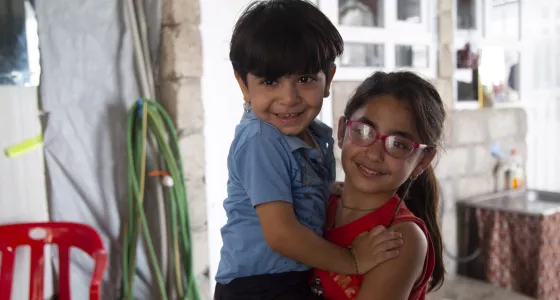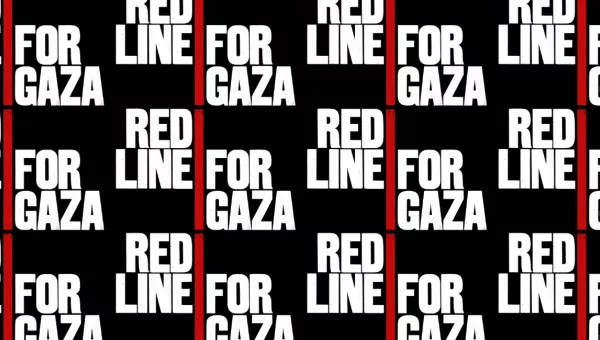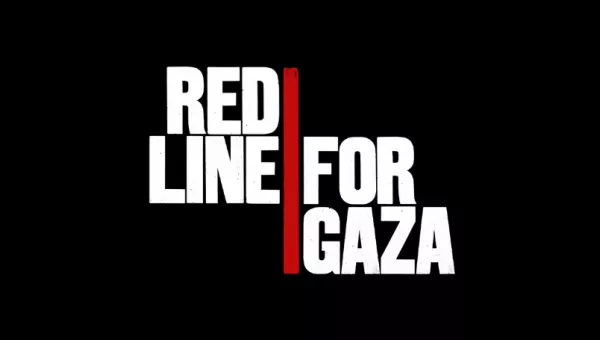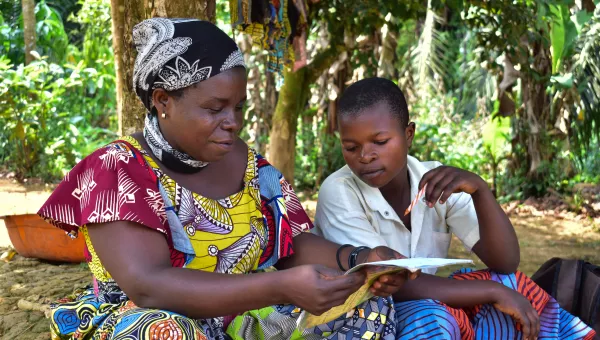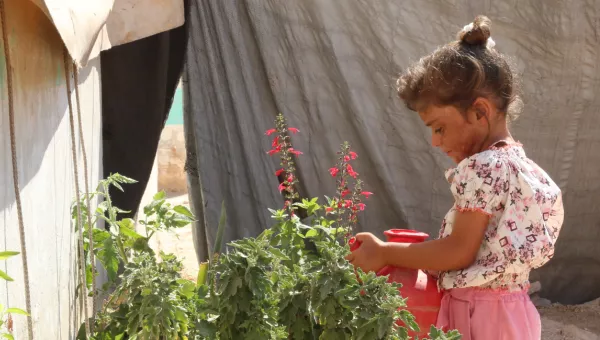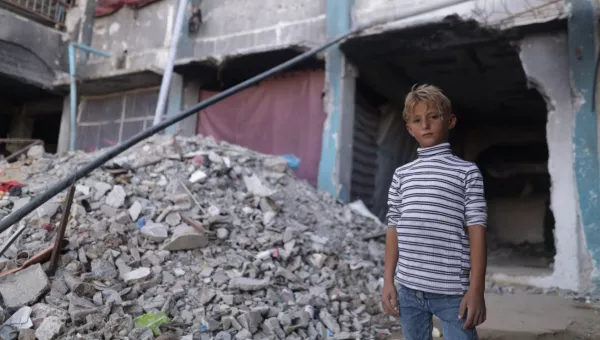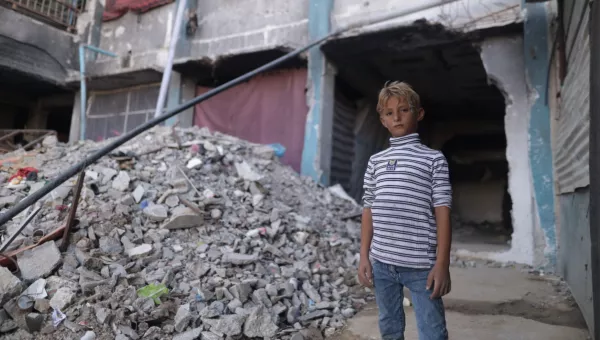Introduction
Although there is less violence in Iraq, it has been affected by conflict for decades. Violence initially escalated in 1991 forcing over 6 million Iraqi’s to flee. Since then and as a result of subsequent conflicts, 4.1 million people are internally displaced 2.6 million of which are children.
Decades of prolonged conflict and instability have worsened an already fragile country, making it a risky place to be a child. With such high rates of displacement and instability, many children become susceptible to early marriage, child labour, separation, exploitation, abuse and psychological distress. Access to schooling is sparse and children continue to miss out on an education that could give them the chance of a better future, and as tensions grow and armed groups rebel against the Iraqi government, sanitation, food and water are becoming scarce as communities and families continue to be torn apart.
What is the population in Iraq?
40 million
What is the national language in Iraq?
Arabic and Kurdish
What is the capital city of Iraq?
Baghdad
*Red pins show areas where we work.
Iraq Today
While violence and war had significantly declined by 2018, with more than 3.5 million people returning home, a lack of infrastructure across the country and in communities made coming home a challenge. COVID-19 only served to further stunt the progress that had been made following years of war and political turmoil, and now threatens the lives of millions of people. Today, across the country the rights of children are still being systematically denied, with 8.5 million now at risk of being isolated at home and forced into child labour and early marriages to help their families survive. The failure to form a government as a result of the October 2021 elections, Iraq's political climate remains fragile.

